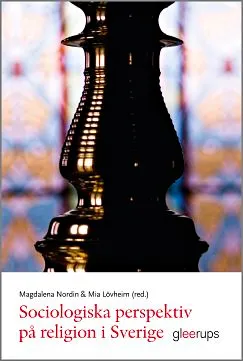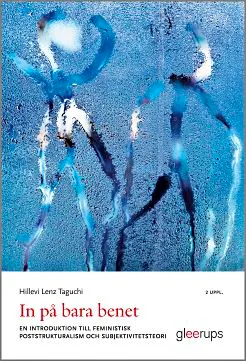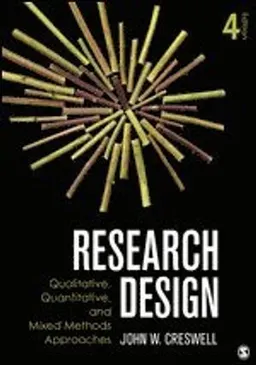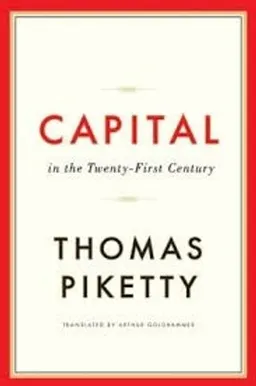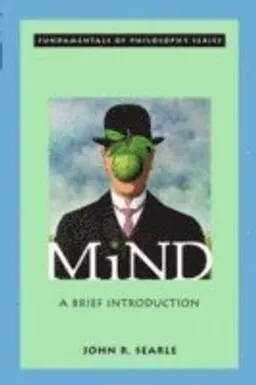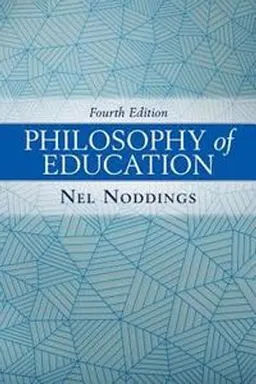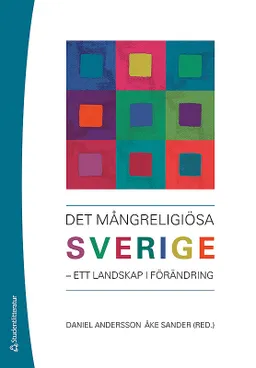"This book will certainly prove to be a useful resource and reference point ... a good addition to anyone's bookshelf." Network "This is a superb collection, expertly presented. The overall conception seems splendid, giving an excellent sense of the issues... The selection and length of the readings is admirably judged, with both the classic texts and the few unpublished pieces making just the right points." William Outhwaite, Professor of Sociology, University of Sussex
"... an indispensable book for all of us in philosophy and the social sciences who teach and care about the shape of social knowledge in the future." Steven Seidman, Professor of Sociology, State University of New York Albany
"For a comprehensive account of the ways in which world transformations affect claims to social scientific knowledge, one need look no further than Gerard Delanty and Piet Strydom's Philosophies of Social Science. ...this collection captures nicely the increasingly engaged political nature of the philosophy of social science. Debates about pragmatism, feminism and postmodernism are particularly well represented" The Australian
What is social science? How does it differ from the other sciences? What is the meaning of method in social science? What is the nature and limits of scientific knowledge? This collection of over sixty extracts from classic works on the philosophy of social science provides an essential textbook and a landmark reference in the field. It highlights the work of some of the most influential authors who have shaped social science.
The texts explore the question of truth, the meaning of scientific knowledge, the nature of methodology and the relation of science to society, including edited extracts from both classic and contemporary works by authors such as Emile Durkheim, Georg Simmel, Max Weber, Alfred Schutz, Max Horkheimer, Jurgen Habermas, Alvin Gouldner, Karl-Otto Apel, Michel Foucault, Pierre Bourdieu, Anthony Giddens, Dorothy Smith, Donna Haraway, Sigmund Freud, Jacques Derrida and Claude Levi-Strauss.
The readings are representative of the major schools of thought, including European and American trends in particular as well as approaches that are often excluded from mainstream traditions. From a teaching and learning perspective the volume is strengthened by extensive introductions to each of the six sections, as well as a general introduction to the reader as a whole. These introductions contextualise the readings and offer succinct summaries of them.
This volume is the definitive companion to the study of the philosophy of social science, taught within undergraduate or postgraduate courses in sociology and the social sciences.
Åtkomstkoder och digitalt tilläggsmaterial garanteras inte med begagnade böcker




